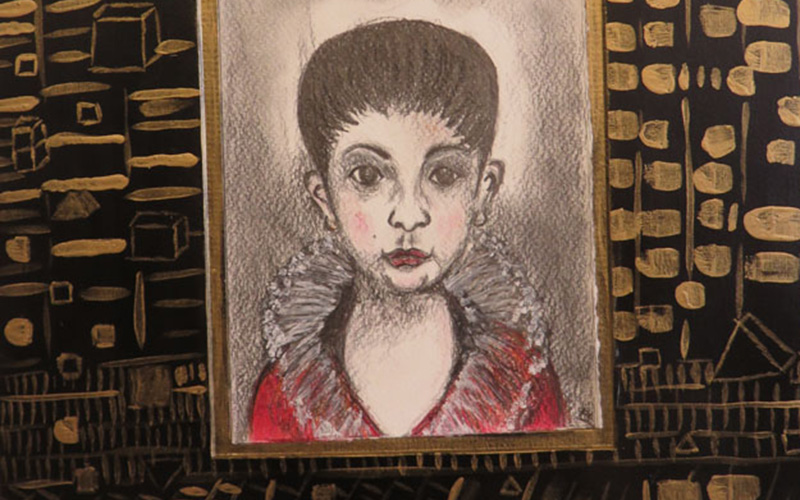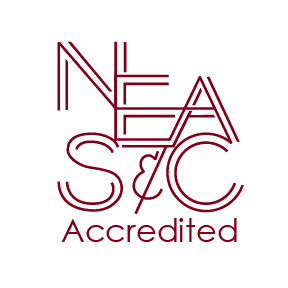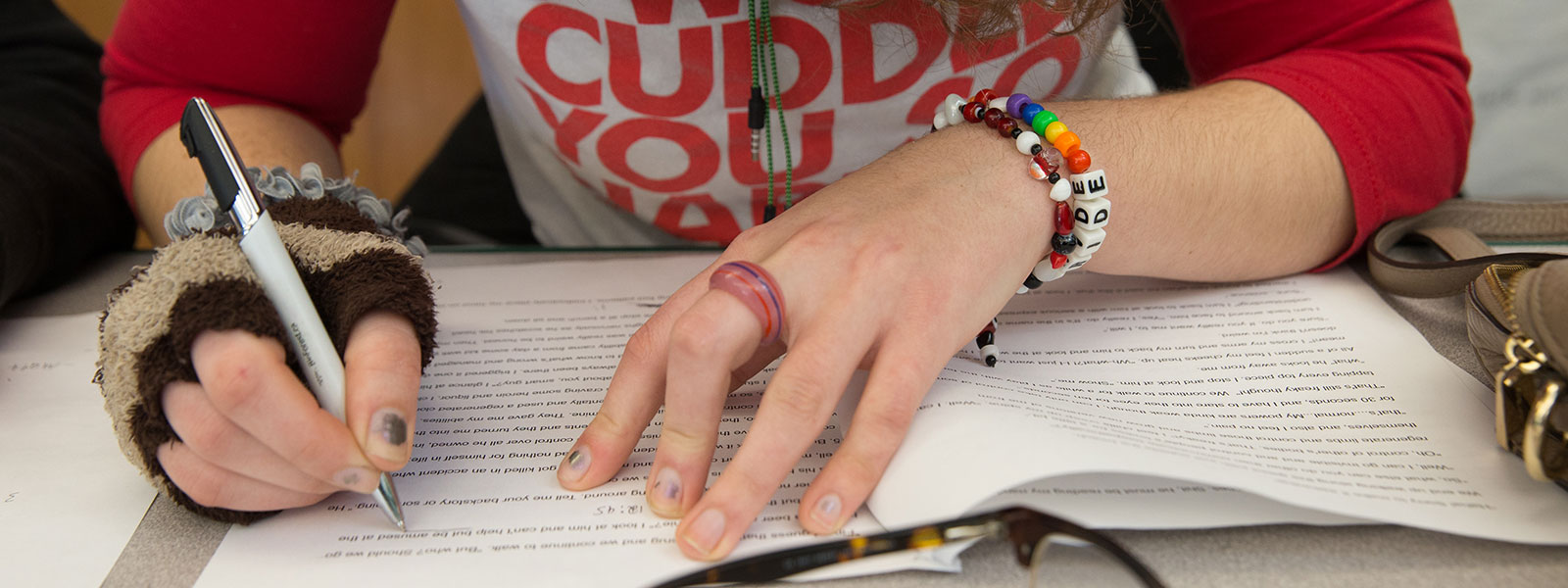
OUR CLASSES
At School One we want every student to be challenged to work to their potential. Students enroll in classes based on their skills and interests and many classes contain students from varying grade levels. So you won’t find “10th Grade English” here, but you will find an advanced first year student in the same history or science course as a junior.
- Flexibility Student progress is evaluated by teachers every trimester, and students can move to a higher level course at the start of any trimester.
- Course Selection Support Advisors work with students to select the most appealing class schedule using recommendations based on a student’s entrance exams or their prior work at School One. Students college goals also factor into their course choices.
- We Keep It Interesting There are multiple courses at any given skill level to appeal to students interested in different kinds of content. For example, a student with intermediate writing skills might have a choice between a course on dystopian literature or a course on literature that delves into American history.
- Choice Like at many colleges, students always have a week at the beginning of the trimester to change classes if it’s not the right fit.
- Small Class Size None of our classes ever is larger than fifteen students, and classes with fifteen are rare. Teachers in small classes can easily respond to students’ questions, provide extra help, or allow students to tailor projects to their own interests.
British Literature IV: The Victorian Dark Side
Cary Honig
Our world has changed enormously during the last two hundred years. We’re almost used to this swift pace of change, but what was it like for people who weren’t? Was a society that became obsessed with séances, mesmerism, and phrenology reacting reasonably to the pressures of the time? We will explore this question primarily through Victorian horror literature, beginning by reading MacBeth in class and Dickens’s A Tale of Two Cities at home. We will use these texts to deepen our understanding of the craft of horror writing and to investigate horror’s political context. We will then examine more typical Victorian horror texts including LeFanu’s vampire story Carmilla, Walpole's hilariously bad The Castle of Otranto, Stevenson’s Dr. Jekyll and Mr. Hyde, and Oscar Wilde’s The Picture Of Dorian Gray. We will read dark poetry by Tennyson, the Brownings and the Brontes. The kindly Charles Darwin will make a crucial appearance as well. Be prepared to write regular essays that are full of evidence. Each student will teach a soliloquy and a poem to the class and will be expected to participate in discussions and close reading. Punctuality of students and assignments and willingness to voice opinions and ask questions will be vital to earning credit. This class is not for the faint of heart!
American Literature: Fronteras/Borders Maryann Ullmann
In this yearlong course, we will look at the Americas as a whole, particularly Latin America, and explore historic and contemporary narratives that interrogate and investigate all kinds of borders: political, ideological, cultural, linguistic, socioeconomic and psychological. We will explore what happens when perspectives clash and shift and identities are challenged by crossing lines.
In the first trimester, we will focus on the U.S.-Mexico border, arguably one of the most contentious and complex, as well as Central America, and the flow of migration and root causes. We’ll read both fiction and nonfiction that share stories and perspectives from people who live or have lived and traveled through these regions, including authors such as Luis Alberto Urrea, Gloria Anzaldua, Javier Zamora, Ophelia Zepeda and others. We’ll explore these works in context and investigate the geography and history of the borders to enrich our understanding.
This course will involve a lot of reading, writing and thinking, so do not enroll unless you are ready for a heavy workload. To earn credit, students will need to demonstrate thorough reading through discussions and written responses. Students will also need to complete grammar sheets, academic essays with appropriate revisions and a creative writing piece. While this is primarily an English class, Spanish-speaking students may also have the option to practice some reading and writing skills in Spanish. This class may be taken for English or history credit.
Medieval Times with Her Majesty
Erin Victoria Egan
This trimester we will start a new Humanities course looking at medieval history and literature of England from Anglo-Saxon times through to the Wars of the Roses/Tudors. We will be studying the English History of this period with a specific look at the development of the role of the King/Queen of England. We will look at medieval history of England from just before the Battle
of Hastings through the Tudors with emphasis on living in Medieval times. We will explore the development of the government (Magna Carta), the ideas of Chivalry, the English Church and finally kingship...or how to be King, using Arthur, Richard and Elizabeth as models for kingship. The emphasis will be on learning to look at resources such as chronicles and primary sources. While studying the history, we will take time to look at knights and the church, medieval ideals of kingship and Medieval life in general. We will be reading selections from the Anglo-Saxon chronicles and The Once and Future King at home and selections from Le Morte D'Arthur in class for comparison purposes. We will also read the Morality play Everyman, and Richard III by Shakespeare in class. If time permits. We will read Elizabeth by David Starkey. In addition to the reading assignments, students will have to maintain a notebook, learn family trees and be active participants in class discussions if they wish to earn credit. This class can be taken for either History or English credit.
If You Meet the Buddha, Kill the Buddha: The History and Practice of Eastern Philosophy I
Phil Goldman
“To study Buddhism is to study the self. To study the self is to forget the self. To forget the self is to be awakened by all things. And this awakening continues endlessly,” said Eihei Dogen, the 13th century founder of Soto Zen.
This trimester we will study Buddhism, and ourselves. We will examine the origins of Buddhism with Siddhārtha Gautama’s Middle Way, and explore its history and growth. We will understand Buddhist concepts such as Impermanence, Non-Attachment, Karma and Nirvana, and principles including the Four Noble Truths and the Eightfold Path. Most importantly, we will learn to apply the philosophy and practice of Buddhism to questions and problems in our lives, and try to start walking a Path with Heart. A critical part of this course will be the practice of meditation and breathing exercises. Students will be required to complete all class work, participate in class discussions and bring a notebook to each class. Future trimesters will center on other Eastern philosophies.
HerStory I: Women of Colonial America
Erin Victoria Egan
This trimester course is the first of a series on the history of women in the United States. This course will try to present a more balanced portrait of history by exploring the often overlooked roles women have played in public and daily life. The course will also examine the roles of Native women and African women in their own cultures and in the world of colonial America. An overview of European traditions includes an examination of women as the lady of the manor, women in the church, town women and female rulers of the 15th, 16th and 17th centuries. With that context, we will look closely at the building of colonial America and the significant role women played in the success of the colonies and the American Revolution. Students should be prepared to maintain a notebook, complete reading and writing assignments, including research projects, and be willing to express their thoughts in class discussions.
Geometry
Bill Frey
The Geometry course is a comprehensive look at the study of geometric concepts including measurement, units, proof, parallel and perpendicular lines, the coordinate plane, triangles, quadrilaterals, polygons, circles, trigonometry, congruence and similarity, surface area, volume and transformations. These concepts offer regular opportunities to develop and extend problem solving, reasoning and critical thinking skills as well as those skills needed for subsequent
coursework in math and science. Where applicable, technology will be used to complement the course topics. This might include spreadsheets, Wolfram technologies, Desmos and Geogebra.
Challenge Opportunities: Extending course topics to problems in higher math and/or “real world” applications. Examples would include constructing curves and surface through specified points, geometric linear programming, computer graphics, geocomputation, fractals, computer aided design and 3D printing. Coding Challenge Example: “Given three points in 3D space, determine the angles (in degrees) of the triangle they form.” (Define a function ThreeAngles that takes a list of three points ((each a list of three numbers)) and outputs a list of three numbers sorted in order, the angles of the triangle formed by the points.)
Advanced Algebra
Michael Werth
This course is designed to give students a strong algebraic base to prepare them for more advanced coursework in mathematics and science. Students will make connections through a multi-representational approach to Algebra with concepts, process and conclusions considered graphically, numerically, symbolically and verbally. Applications of Algebra and Statistics will be explored with and without the use of graphing technology. The third trimester includes a study of trigonometry. Work will be done individually and in cooperative groups with the goal of becoming more proficient in the written and oral communication of mathematics, as well as expanding problem solving and computational skills. Where applicable, technology will be used to complement the course topics. This might include spreadsheets, Wolfram technologies, Desmos and Geogebra.
Challenge Opportunity: Opportunities to extend knowledge and connect to other academic disciplines will be offered regularly. Coding challenge example: Write a function that finds all of the prime numbers among the first n terms of the Fibonacci sequence. Examples of other areas that offer opportunities for further exploration and application of ideas in the course include
Matrices, vectors and linear algebra, computer graphics, population models, linear programming and Game Theory Simulation.
Psychology I
Phil Goldman
“Love and work are the cornerstones of our humanness.” Sigmund Freud
What makes us human? What defines healthy, stable and normal? For more than 100 years, psychologists have been attempting answers to these questions through controlled experiments and analysis of data. Since the beginning of time, however, we humans have been attempting answers through basic observation: Why did he do that? Why do I feel this way? How can I change? The answers are elusive. In this introductory course, we will examine the foundations of the discipline of psychology and its underpinnings in philosophy and biology. Students will gain familiarity with important pioneers in the field, including Freud, Skinner, Piaget and others. We will explore the relevance that their works have today and the role that psychology plays in our everyday lives.
Physics
Megan Roppolo
The laws of physics are a “user’s guide” to the universe. Physics helps us understand all phenomena, whether on earth or in space. In this course we will learn from Galileo, Newton, Einstein, von Braun and many others. In the fall trimester, mechanics, the science of mass, force and motion will be explored. We will begin in one dimension – understanding velocity and acceleration – and move to two-dimensional motion with a study of vectors. We will learn about Newton’s Laws as the foundation of mechanics and all classical physics. The statics of rigid bodies will be studied: the force and torque vectors must each sum to zero. The linear motion of rigid bodies will be studied from the point of view of “dynamics,” using the concepts of velocity, acceleration and force. Motion will also be studied from the point of view of “energy,” using the concepts of work, kinetic energy and potential energy. Collisions will be analyzed using the conservation of linear momentum. In uniform circular motion, the body is subjected to centripetal force. The angular motion of rigid bodies will be investigated using the concepts of angular velocity, angular acceleration, torque and angular momentum. Finally, fluid mechanics will be studied for liquids and gases.
This course has a laboratory component. Lab reports will adhere to standards of clarity, accuracy and precision. Course credit is earned through the satisfactory completion of in-class and homework assignments, lab reports, quizzes and examinations, as well as good attendance.
Prerequisites: Completion of 2 years of high school science and Advanced Algebra (or Adv. Alg. concurrently)
Español 3
Siobhan Ritchie Cute
Bienvenido al mundo del espanol avanzado...welcome to the world of advanced Spanish! Students who have completed two years of high school Spanish or who (through native speaking ability or extensive study) have arrived at a firm foundation in the language are welcome in this course. Students should enter Spanish 3 with secure knowledge of the present, present progressive, preterite and imperfect tenses; reflexive, indirect object and direct object pronouns; and cognates as well as commonly used vocabulary and expressions. The third year of Spanish language instruction rests on the foundation built during the first two years. The frame of verb conjugations, tense familiarity, and vocabulary will soon be filled with walls and a roof; your conversation will flow. Spanish 3 students will be exposed to long periods of immersion. We will watch film and video in Spanish, and practice conversations that go beyond basic tourist activities. We will read and discuss literature, poetry, newspaper articles and more.
Expect to cover the following grammatical concepts: commands and the imperative mode, the subjunctive mode, the future and conditional tenses and idiomatic expressions. Project work for the first trimester will involve an exploration of the Latin American holiday el Dia de los Muertos. Spanish 3 students are expected to complete written assignments that are 1-2 pages in length. In order to earn credit for this course, please come prepared for class, keep an organized Spanish notebook, participate in all class activities, complete all assigned homework and projects, perform well on all assessments and do your best to learn your own role in our collaborative and creative classroom. Bring your honest selves to the conversations; conversing in a new language can be challenging but fun!
Art Portfolio
Jim Drain
Art Portfolio class will develop a collection of art work exhibiting a concentration in subject and style. We will explore periods of art history and focus on different artists to gain ideas and inspiration. Students will learn about art history and use it to inspire their work. After brainstorming and research, students will plan and create pieces that have a specific area of investigation within a conceptual idea. Students will explore their idea by experimenting with a variety of 2D and some 3D media, photography and/or digital art media. Students can choose to do a weekly blog or a weekly sketchbook assignment, which would be required for credit. Students will also be required to be active participants in class discussions, regularly take photos and upload them to drive to show progress.
Illustration
Miles Cook
This class teaches basic illustration, focusing on skills and concepts of comics, cartooning and visual storytelling, as well as classical illustration. Students will learn about the world of commercial art, exploring editorial illustration and visual story exercises early on, and then move on to longer comics. A variety of basic skills and processes such as thumbnailing, storyboarding, character design, story structure, penciling, inking, digital-painting and basic zine-style and web self-publishing will be covered through in-class and at-home assignments. Students will be required to keep a sketchbook for developing ideas and completing homework assignments and will study examples from all over the world. This class aims to start students on the path towards being able to tell their own stories, and those of others, in a visual medium.
Video Performance
Lon E. Plynton
This class is for all actors, filmmakers, directors, and screenwriters who would like to develop their skills. In this class we will work cooperatively, collaboratively, and individually to create video presentations while studying the art of comedy, tragedy, drama and storytelling.
During the course each student will be taught:
• Acting Skills.
• The basic understanding of operating a video camera.
• The basic principles of how to capture great video and audio.
• How to edit video and audio.
• How to create and tell a story by combining video and audio.
This class is appropriate for all performing artists with the understanding that the output of this class will be viewed and shared with the public. Students will be critiqued on the quantity and quality of work submitted for individual assignments and also on participation in a class cooperative project.
Songs for Starters
Lon E. Plynton
For beginning singers, songwriters or instrumentalists who are interested in learning more about music, this class is a great place to start. We will investigate various topics in music. We will learn how to read, write and understand the symbols of sound. We will familiarize ourselves with the cultural and historical nature of music. You will learn to perform solo and with others. We will listen to music to evaluate, analyze and describe. You are encouraged to bring your own musical ideas to class.
Tai Chi Chuan: Strengthen your Body, Clear your Mind, Find your Chi
Phil Goldman
Do not be fooled by appearances. Tai Chi Chuan may look like nothing more than slow, relaxing movements, a method of moving meditation and health, but beneath the surface lies a deep and ancient martial art. Every movement in the Tai Chi form contains not only martial applications - strikes, kicks, takedowns and joint locks - but techniques to build and circulate Chi (Life Energy). This course will cover basic stances to establish your root, breathing exercises to calm and center your mind, and drills from the Tai Chi form to control your body and move your Chi. We will also cover two-person exercises (“Push Hands”) to find and maintain your emotional and physical center in all kinds of situations and to exchange energy with another person. Make sure to wear loose comfortable clothing that will allow freedom of movement.
Working Stories
Phil Goldman, Eve Kerrigan, Diane Postoian
Are you interested in telling your own story as well as listening to others’? Are you interested in collaborating with people of different ages to create work (both written and performed) that is authentic and meaningful? Explore the literary and performing arts in Working Stories, an inter-generational creative arts workshop with professional writers and performers. Participants will learn and practice elements of storytelling, interviewing, creative writing and performance. Older adults from outside the School One community will join the class to collaborate with students on projects. This will be a two-way street: everyone shares and learns from everyone else. Final collaborative projects will be shared at a public showcase and published. In order to earn credit, students will be expected to write and perform as part of this class and at the showcase.
En Plein Air Landscape Painting
Ida Schmulowitz
A nine-week outdoor landscape painting class led by well-known Rhode Island artist, Ida Schmulowitz. Participants meet weekly on Blackstone Boulevard, set up easels and paint, trying to capture the light hitting homes and trees.
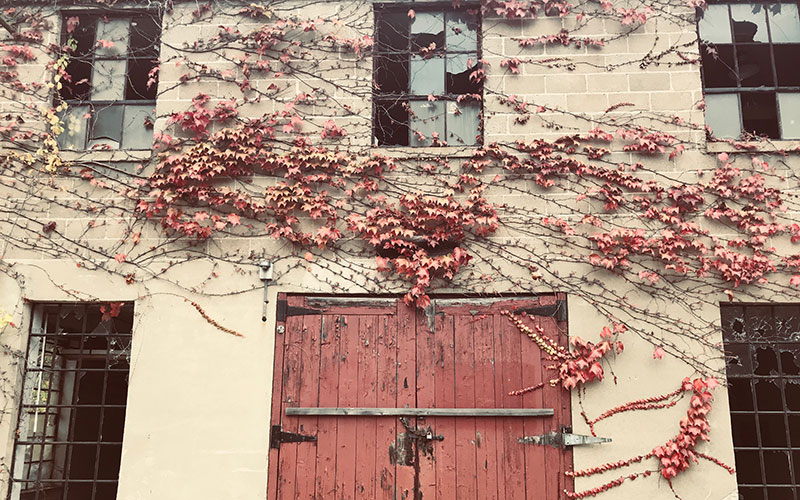
Noah Salvatore '19
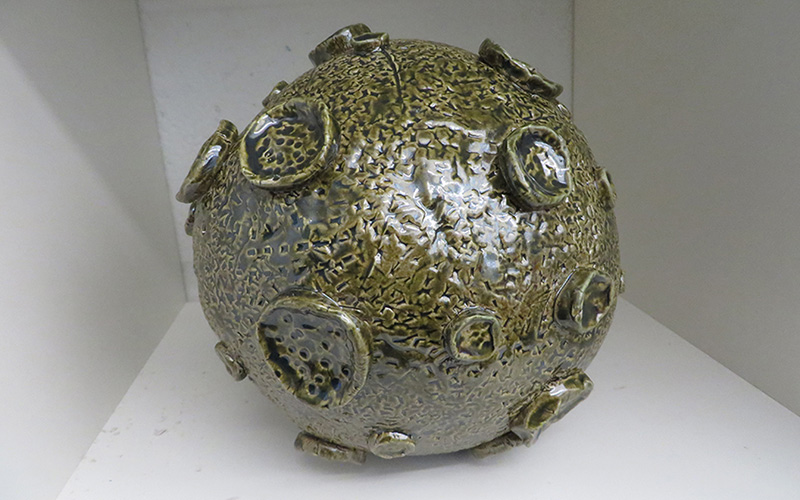
Idalis Bowman '21
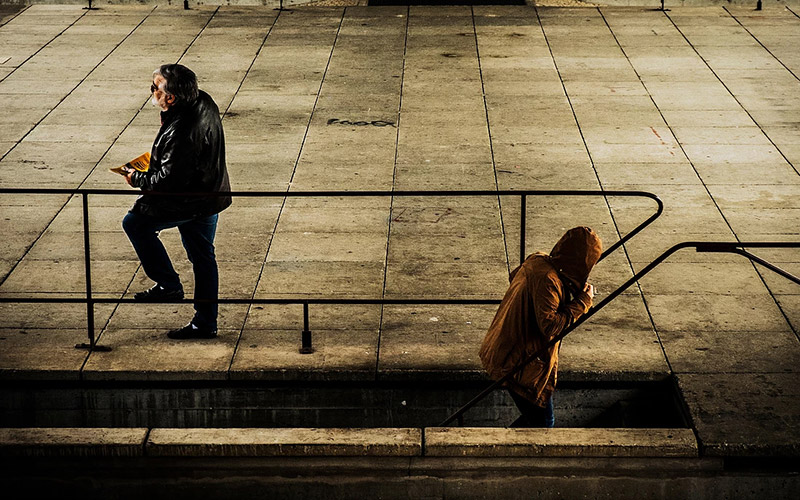
Bill Wu '18
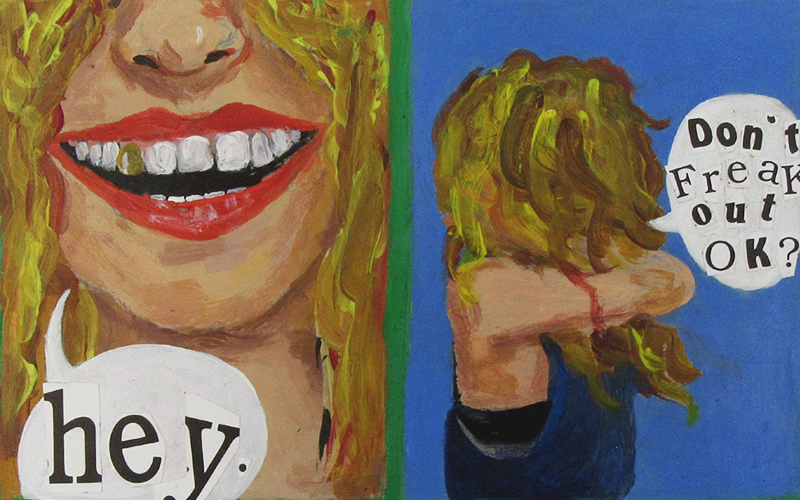
Emily Riordan '17
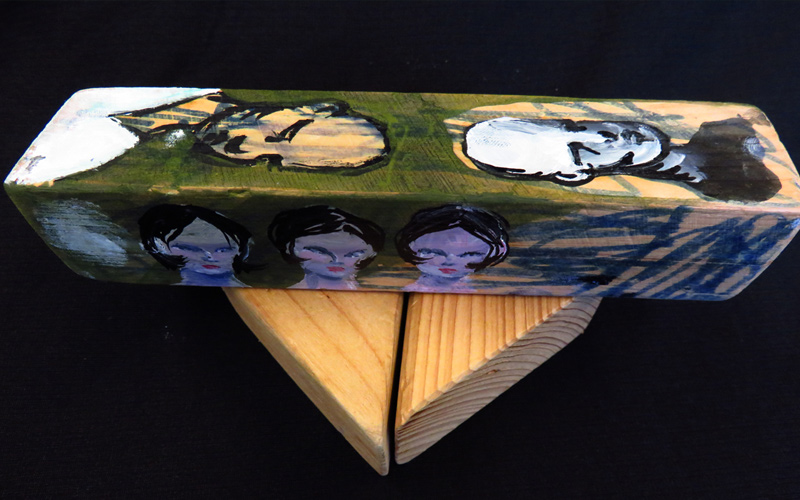
Claire Galligan

Hollie Huang '16
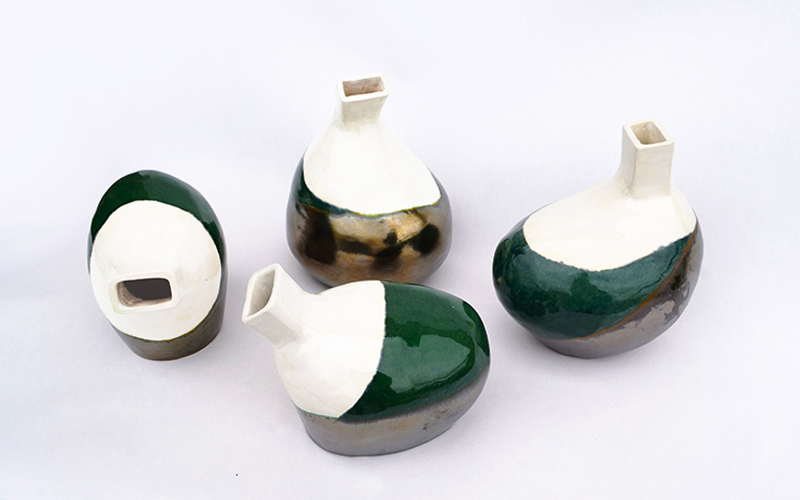
Hollie Huang '16
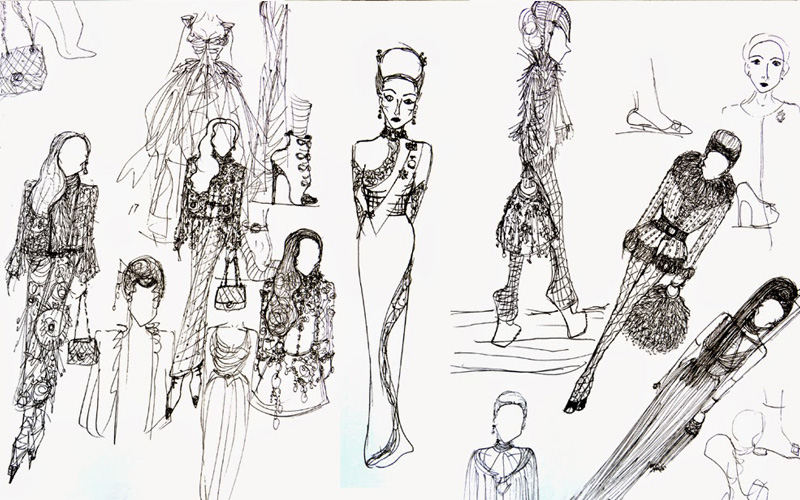
Alex Liu '15
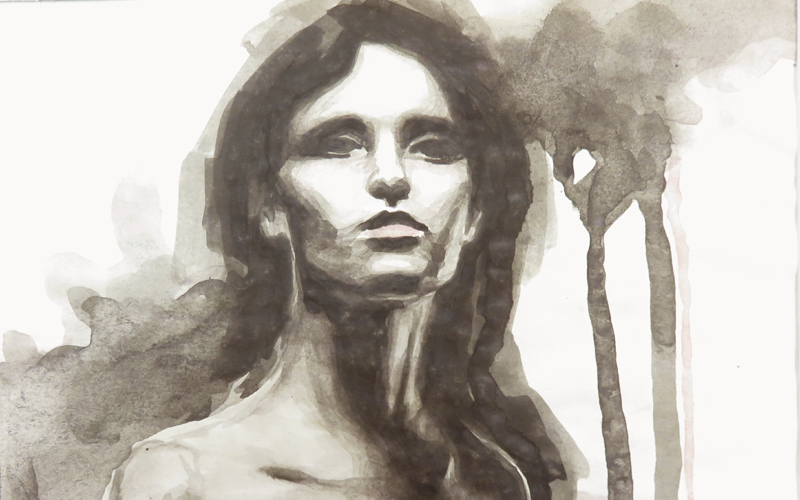
Alison Rogers '16

Noah Pimental '16

Vesper Guo '16
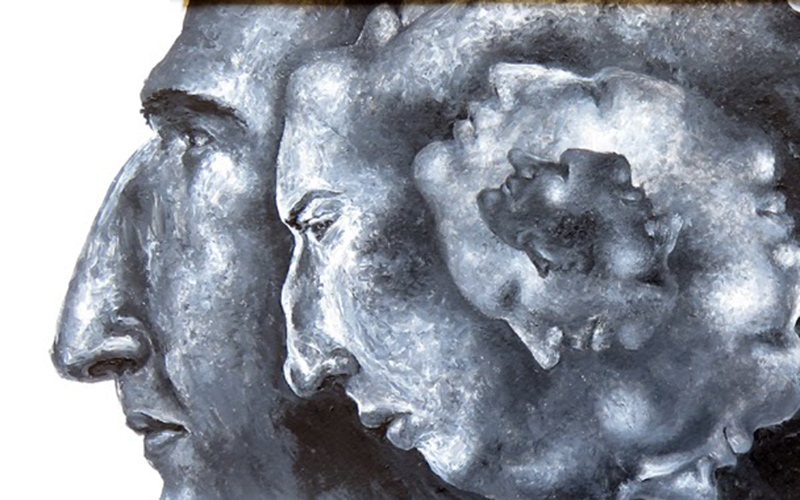
Vesper Guo '16
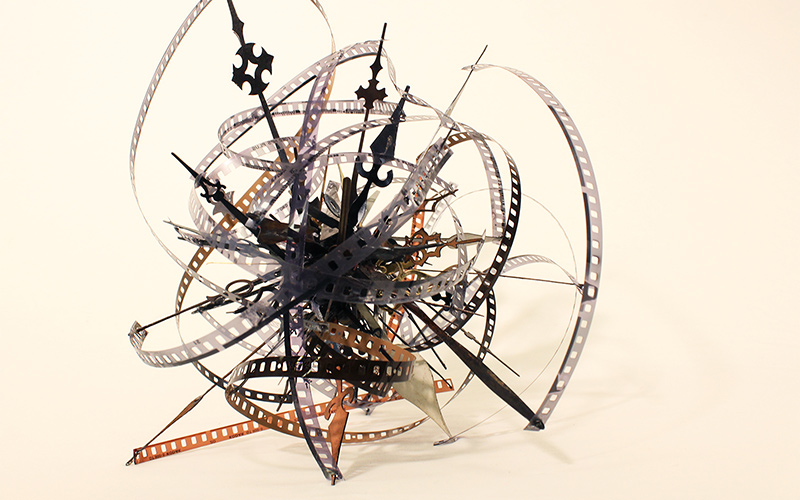
Vesper Guo '16
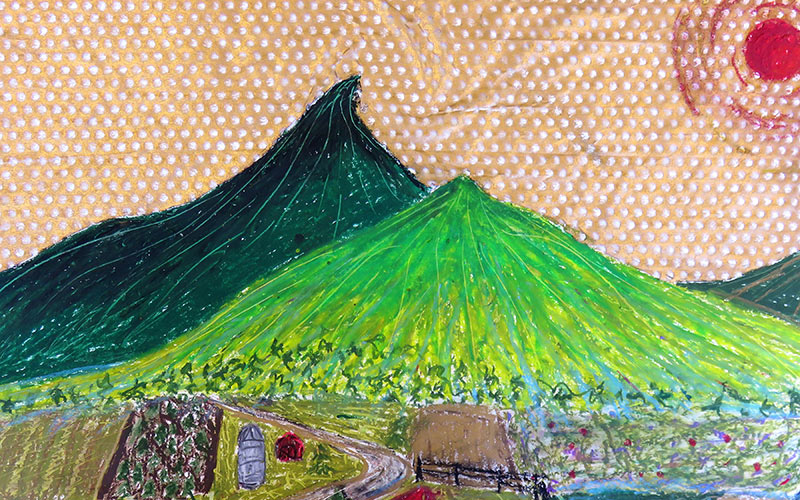
Lydia Tomasi
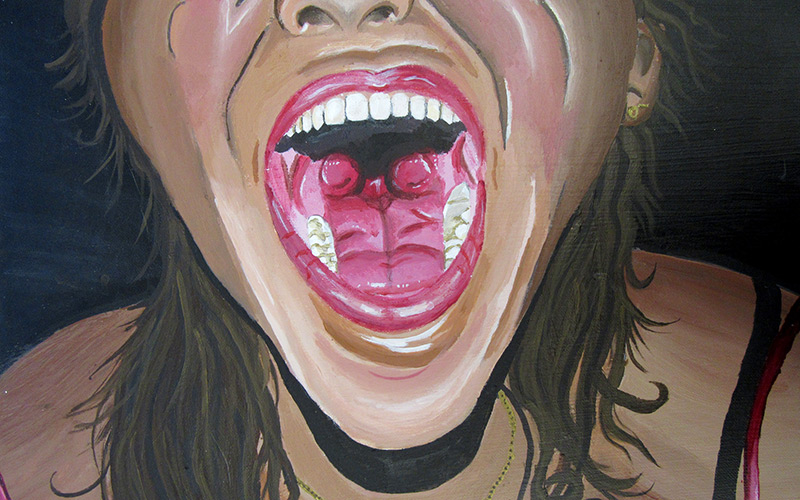
Lola Rael '19
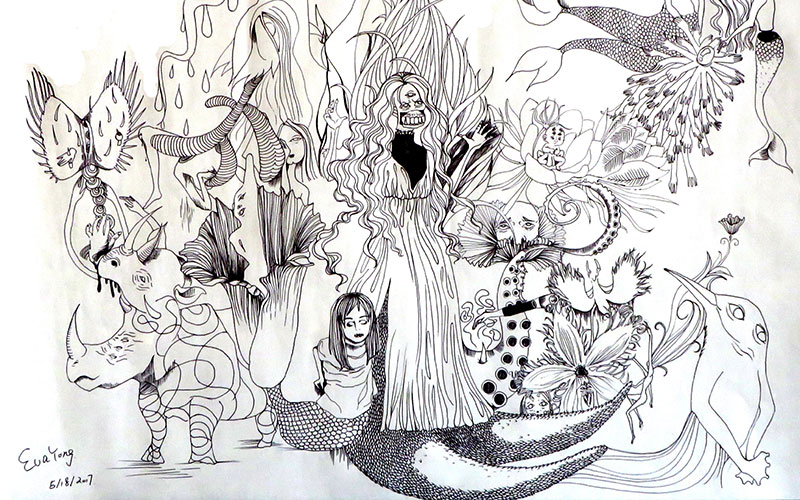
Eva Yong '19
